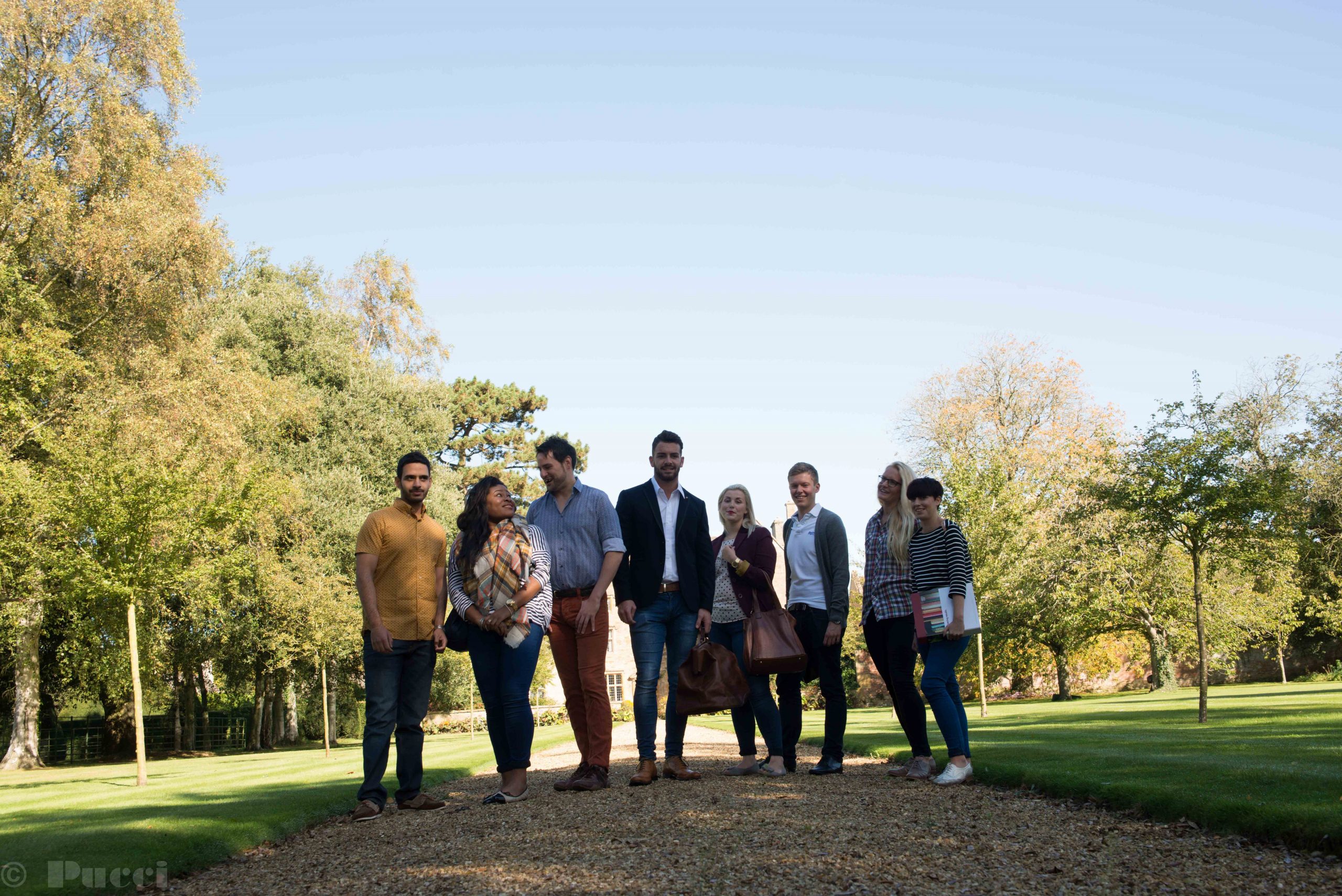To be and why to be: a holistic accountant?
Our students come to us from many different backgrounds, often while working at companies of varying sizes. And what we really enjoy is the mixing pot of experiences and perspectives […]

Our students come to us from many different backgrounds, often while working at companies of varying sizes. And what we really enjoy is the mixing pot of experiences and perspectives this can bring in our classrooms.
With such an array of trainee accountants, we’re often asked whether it’s better to generalise – become an holistic accountant – or specialise in one area. The honest answer is there’s no right or wrong approach, as the industry relies on both specialists and generalists according to their clients’ needs, and it’s important for everyone to find what’s right for them. But here are some words in support of generalists, in case anyone is thinking of following this path in particular.
Training as a generalist
Big firms obviously give immediate name recognition on your CV and a long list of big-name corporate clients – though they tend to train you as a specialist. A smaller firm might offer quicker career progression with direct access to partners and a less corporate atmosphere – and you’ll likely get involved in a bit of everything. Medium-sized firms may offer the best of both.
But what makes a good accountant? If being a trusted independent advisor for clients and helping when they are in trouble is where the real value of the job satisfaction is – how do you become the best advisor possible? This is where the idea of holistic accounting comes into it.
Much has been said about “holistic accounting” and the heightened benefits for clients when their financial advisors’ views take into account all factors across their business, rather than focussing on discrete and separate boxes. Rather than being seen as a ‘jack of all trades, master of none’, think instead of the holistic/generalist as the conductor of an orchestra – who knows enough about every instrument to understand how and when it needs to be played, but is perhaps not an expert player of any one instrument.
There’s a view that specialists are somehow better accountants, and that generalists are less knowledgeable. Yet in order to give good advice to a client, you often need to see the whole picture. For instance, understanding your client’s employee’s VISA issues, the director’s divorce, and the tax issues of the foreign company may enable you to provide better advice overall, rather than focussing on one specific aspect.
Being exposed to extensive and broad training is therefore important, but in large accountancy firms the business is split into departments and accountants are encouraged to specialise early on in their career, meaning it can be harder to see and understand the bigger picture with a client’s issue.
Being a generalist isn’t for everyone – you will have some people who don’t want to be client-facing, who want to specialise. And that’s fine. Every firm needs people like that and if you are truly gifted in that field perhaps working in a big department is for you.
Operating as a holistic accountant, however, means your relationships with clients are wider-ranging, closer and therefore more rewarding (if that’s how you prefer to work), and if the profession is to survive and evolve, generalists certainly have a lot to offer for the future.
We encourage all our students to talk with and learn from each other about their experiences as much as possible, and we are always on hand to provide further advice about the different types of accounting roles out there.



